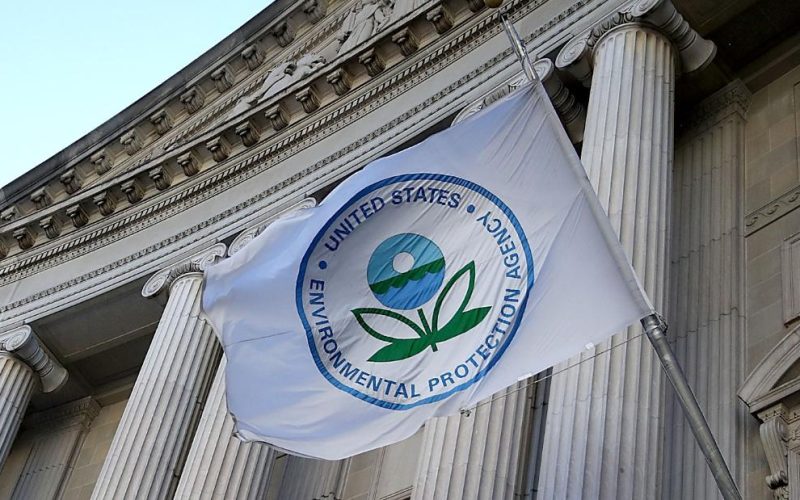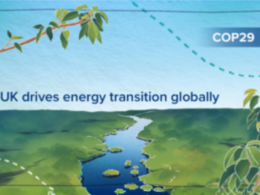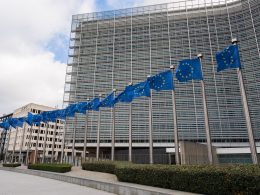The US Environmental Protection Agency (EPA) is preparing to drastically scale back mandatory reporting of greenhouse gas emissions from industrial polluters, according to media reports. The move, directed by a Trump-appointed official, could affect data collection from thousands of facilities across sectors such as oil refining, power generation, coal mining, and the manufacture of cement, steel, petrochemicals, and glass.
The changes would significantly weaken the Greenhouse Gas Reporting Program (GHGRP), which has tracked emissions data from around 8,000 facilities annually since 2010. The programme currently accounts for up to 90% of the country’s climate-warming emissions. Under the draft proposal, only about 2,300 facilities — primarily in parts of the oil and gas sector — would remain subject to reporting obligations.
“This would reduce the detail and accuracy of US reporting of greenhouse gas emissions, when most countries are trying to improve their reporting,” said Michael Gillenwater, executive director of the Greenhouse Gas Management Institute. “It would also make it harder for climate policy to happen down the road.”
Critics argue that the loss of this granular, facility-level data would undermine accountability and hinder international cooperation on climate goals. “It would be like unplugging the equipment that monitors the vital signs of a patient that is critically ill,” said Edward Maibach, a professor at George Mason University. “How can we possibly manage this threat to America and humanity if we’re not monitoring what we’re doing?”
EPA officials have not publicly addressed the plan in detail, but the agency has signalled its intent to “reconsider” the programme. In a press release on 12 March — dubbed “the most consequential day of deregulation in US history” — EPA Administrator Lee Zeldin described the programme as “burdensome,” claiming it imposed unnecessary costs on businesses.
Industry lobbyists appear to have played a significant role in shaping the policy. Political appointees Abigale Tardif and Aaron Szabo, both former energy and petrochemical industry lobbyists, have led efforts to draft the new rule. At a recent internal meeting, Tardif reportedly instructed staff to eliminate reporting requirements for 40 of the 41 sectors currently covered.
Climate advocates warn the move represents a major setback. “This is a giveaway to emitters, just letting them off the hook entirely,” said Rachel Cleetus of the Union of Concerned Scientists. “Not tracking the data doesn’t make the climate crisis any less real. This is just putting our heads in the sand.”
Experts also warned of international consequences. Andrew Light, former assistant secretary of energy for international affairs, said the rollback could jeopardise global cooperation. “If the United States won’t even measure and report our own emissions, how can we expect China, India, or Indonesia to do the same?”





















